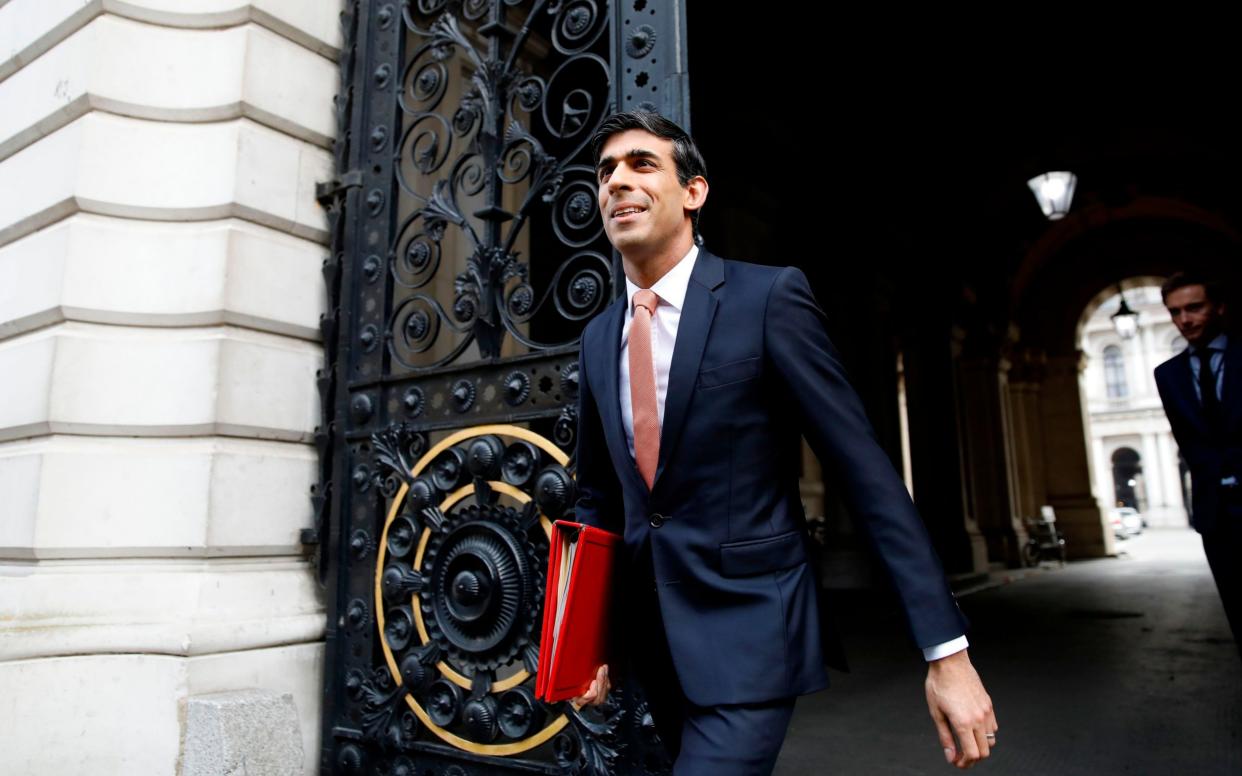Freelancers treated like ‘second-class citizens’ with a third less support than employees

The Government has been accused of treating the self-employed like second-class citizens after new analysis found freelancers have been given almost a third less in state support than employees.
Employees have received almost £5,000 more in salary subsidies during the pandemic, according to calculations research by accountant Blick Rothenberg.
Furlough and the Self-employed Income Support Scheme initially offered the same support of up to £2,500 per month, covering 80pc of wages or profits. However, handouts for freelancers have dropped off at a much faster rate.
An employee earning the national average of £30,000 a year would have received £16,200 in wage subsidies if they had been furloughed for the full eight months that the Job Retention Scheme has been running – some 85pc of the total £19,060 of support available.

By contrast, a freelancer with the same earnings would have only been able to claim a maximum of £11,250 from the first two self-employed grants, Blick Rothenberg found.
Support was only available for six months compared with eight months under the furlough scheme, with the Government not covering freelancers’ lost earnings in September and October.
Freelancers were permitted to claim and work at the same time and pay lower rates of National Insurance, but employees retained all their company benefits including pension contributions. Many contractors work in City sectors such as financial services.
Chloe Jepps of the freelance trade body IPSE said the growing disparity in support was alarming and a sign the self-employed were being treated like second-class citizens.
“There is a glaring disparity between support for employees and the self-employed in Britain and it looks like a growing societal divide. To stop the gap widening, the state must urgently fill the gaps and do the right thing by levelling up self-employed support,” she said.
From November, freelancers will be able to claim another three-month grant covering 40pc of their typical earnings in what is anticipated to be a tough winter for many.
Employees, however, could receive almost three-quarters of their regular pay even if they only work one day a week due to generous government subsidies under the Job Support Scheme, which has replaced the furlough programme.
Those who cannot work if their employer closes due to tier three restrictions will receive 67pc of the normal income via state handouts.

The less generous support has been a driver in more than quarter of a million freelancers returning to company payrolls since the pandemic began.
Average freelancer profits dropped 30pc in the first half of the year, according to IPSE. Experts have warned this will do lasting damage to the economy.
Seb Maley of contractor consultants Qdos said it was startling that the Government had actively overlooked the freelance sector of the workforce.
“This is a time when the flexibility and skills of the self-employed should be being relied upon to get the wheels of the economy turning again," he said.
“With no end in sight to this pandemic, nor any adequate support for freelancers and contractors, it’s no surprise that many feel they have no choice but to go employed.”
Mike Cherry of the Federation of Small Businesses said millions of sole traders were still excluded from help altogether – including the newly self-employed, PAYE freelancers and company directors. Those ineligible now faced collapse, he added.
Rishi Sunak has insisted the support offered to the self-employed ranks among the most generous in the world.
The Chancellor has said those who do not qualify for the most generous levels of support can make use of other temporary measures, including state-backed loans, payment holidays, tax deferrals and other benefits.


